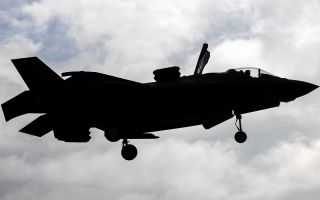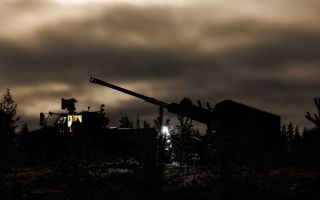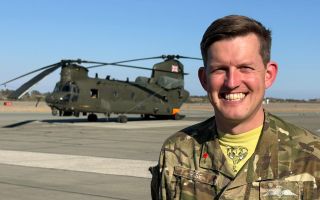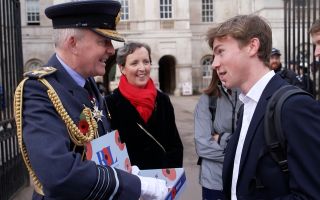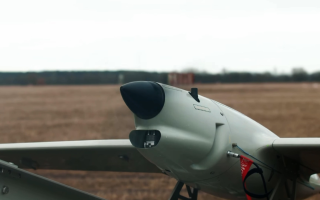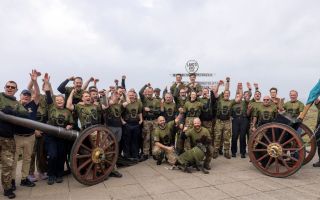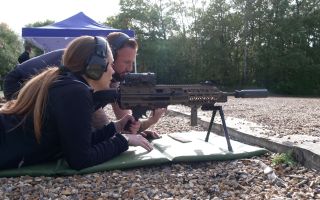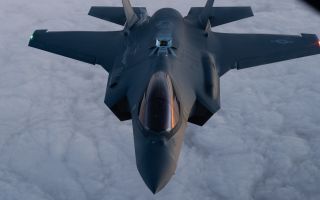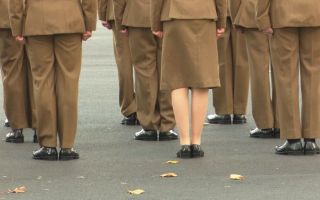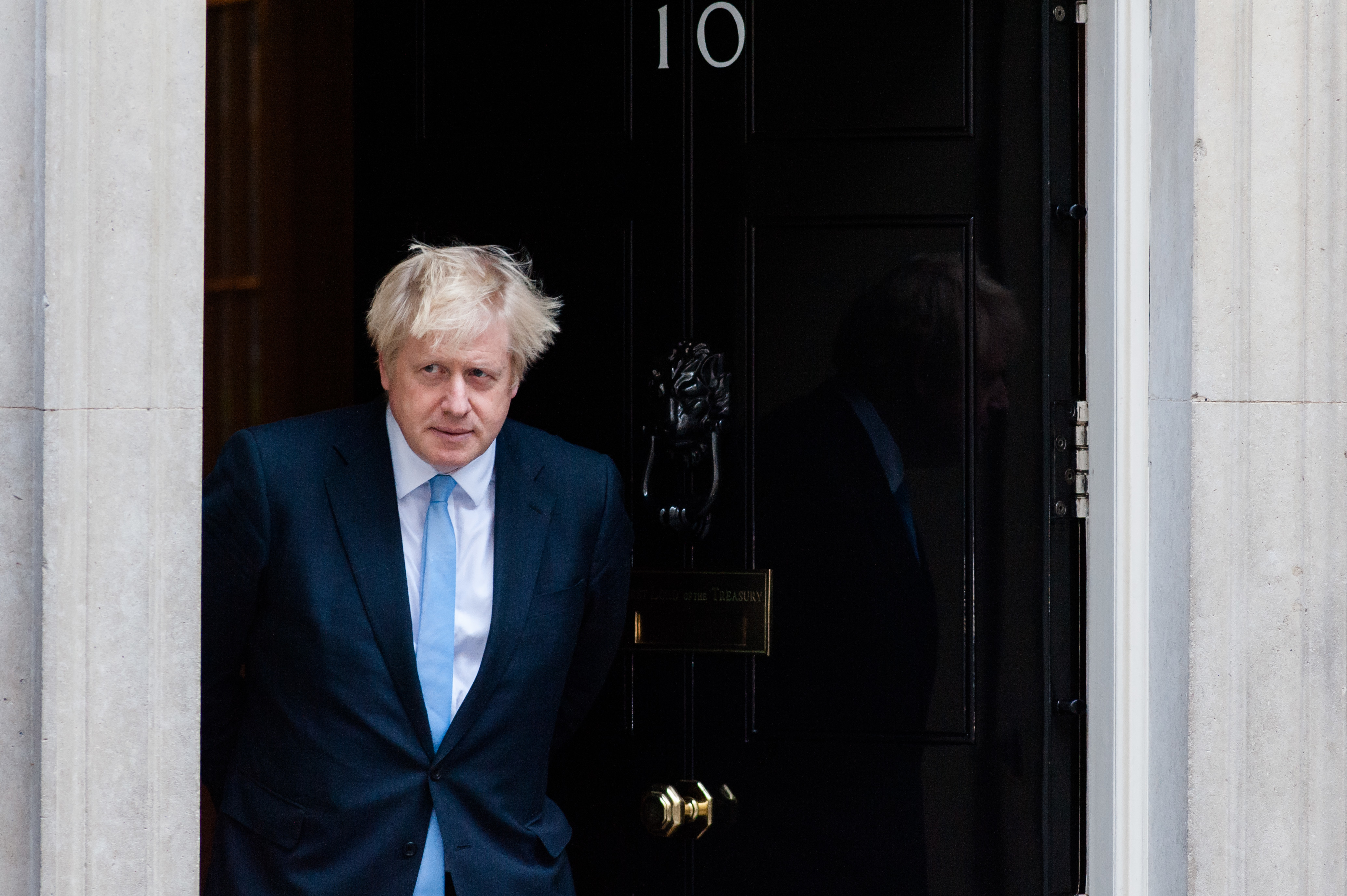
How Will Boris Johnson’s Absence Impact The Military?

The military will be able to rely on the decision-making of the National Security Council (NSC) while the Prime Minister is treated for coronavirus in hospital, a leading defence expert has said.
Boris Johnson was moved to an intensive care unit at St Thomas' Hospital in London on Monday evening after his symptoms worsened.
The news sparked concern over defence and the country's decision-making process amid the ongoing coronavirus crisis.
Professor Michael Clarke, former Director General of the Royal United Services Institute (RUSI), told Forces News the military will find it "comforting" that the "framework of decisions" will come from the NSC.
"The military know what they've got to do [in response to the COVID-19 outbreak], they know where they are helping and they know where they may have to help," Professor Clarke said.
"In a way, it's just a question of the NSC telling them, 'right, now go onto this phase, now go onto that phase', they're really fairly well planned.
"I don't think the military will be too bothered about the authority structure because it won't affect them too much."
Foreign Secretary Dominic Raab is currently deputising for the Prime Minister "where necessary", according to a Number 10 spokesman.
General Sir Nick Carter, Chief of the Defence Staff, has insisted it is "business as usual" for the military despite concerns over who has the authority to take major decisions during the PM's absence.
WATCH: Professor Michael Clarke speaks to Forces News.
Gen Carter also said he feels there is a "very clear" chain of command given by the NSC.
Professor Clarke said he does not believe Mr Raab will be "specifically briefed on security and defence questions" while he deputises for Mr Johnson.
As well as domestic issues, Professor Clarke said that outside of the UK, the coronavirus outbreak may see other leaders become “opportunistic".
“I would expect to see certain actors in world politics, like Mr Putin, like President Assad of Syria, possibly Mr Erdogan of Turkey, using the crisis, the distraction of the western powers, to try to clean up in some of the crisis areas in which they're involved [in],” he warned.
Professor Clarke suggested countries like Afghanistan, Libya and Syria could all be affected.
"These situations, not only will they be unaddressed by the western world, what we may see is some ruthless actors trying to use the distraction to actually 'clean up' from their point of view and that will actually be quite bad for British security policy.
"I think our security apparatus has got to be really on its mettle in the next two to three months to see what may be changing and decide whether we can do anything about it or not."
Speaking at the Downing Street press briefing on Tuesday, Mr Raab said he was "confident" the Prime Minister will "pull through", describing him as a "fighter".
Earlier, a Number 10 spokesperson said Mr Johnson was "receiving standard oxygen treatment".
Cover Image: PA.

